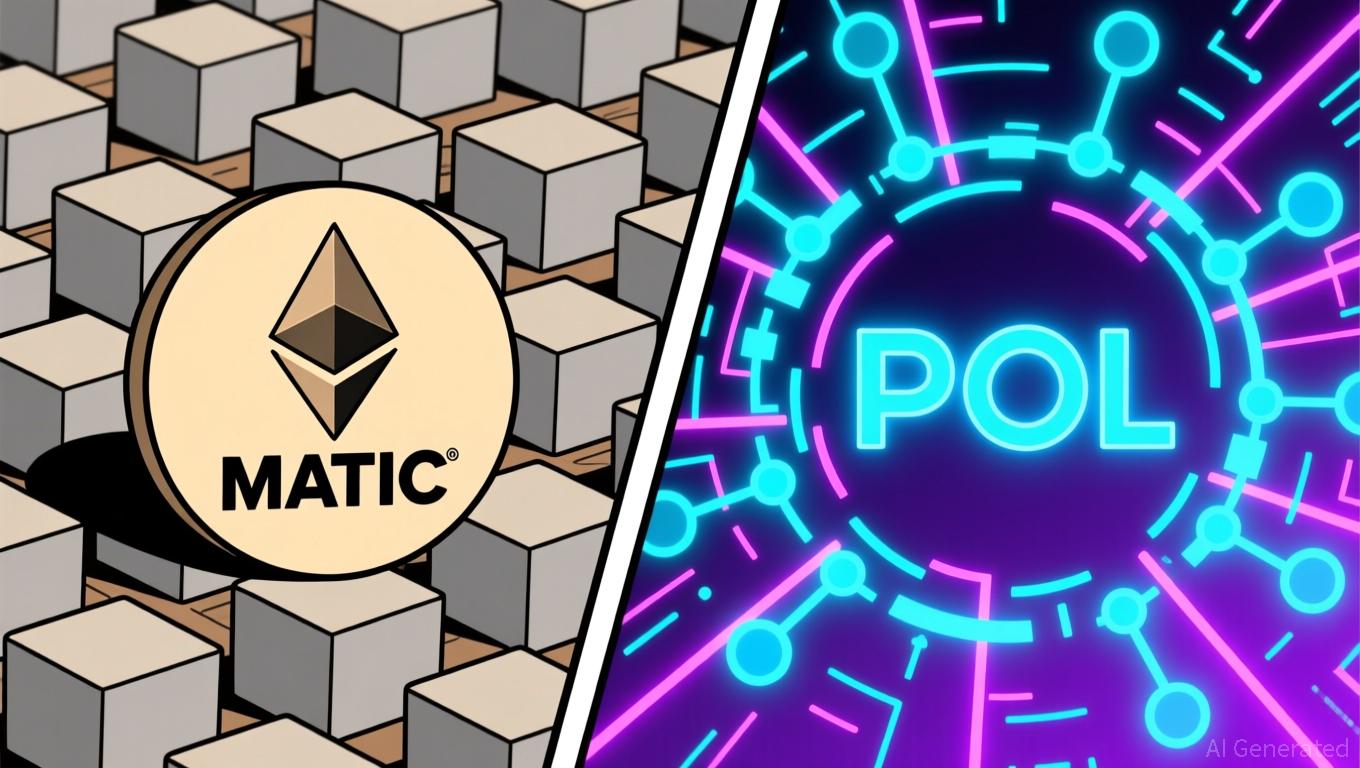Polygon's Challenge in Rebranding: Balancing Broader Functionality with Maintaining Brand Identity
Polygon Considers Returning to MATIC Ticker Amid Community Debate
Sandeep Nailwal, one of Polygon’s co-founders, has sparked renewed discussion about the project’s token identity, questioning whether the network should switch its ticker back from POL to MATIC. In a recent post on X, Nailwal highlighted ongoing confusion among users regarding the rebrand. He pointed out that retail investors in regions like the Philippines and Dubai, who were familiar with the MATIC token, are now struggling to find the asset under its new name. Although Nailwal personally supports keeping the POL ticker—viewing it as a technical evolution to broaden the token’s utility—he stressed the importance of gathering feedback from the wider community, stating his genuine interest in their perspectives.
The transition to POL, which took place on September 4, 2024, was designed to expand the token’s use cases beyond transaction fees and staking, allowing holders to benefit from data availability and sequencing rewards. Polygon Labs CEO Marc Boiron described POL as a significant advancement over MATIC.

Despite these intentions, the token’s market value has suffered. By late 2025, POL was trading at just $0.13, a sharp drop of 89% from its March 2024 high of $1.29, according to CoinGecko. This steep decline has fueled concerns about whether the rebrand has negatively affected user recognition and adoption.
Community Divided Over Ticker Change
Responses to Nailwal’s outreach reveal a split within the community. Supporters of POL argue that its enhanced capabilities justify the change, while others believe that the established MATIC brand is crucial for attracting everyday users. One commenter on X remarked that even small business owners in the Philippines, who once recognized MATIC, are now confused by the new ticker. Some have suggested adopting alternative symbols like PGON to minimize confusion without fully reverting to the old name, as reported by Cointribune. Nailwal also cautioned against relying solely on crypto Twitter for feedback, noting that it represents less than 5% of overall trading volume.
Challenges of Reverting the Ticker
Should Polygon decide to revert to MATIC, the process could be complicated. Exchanges might be reluctant to support another migration, potentially leading to fragmentation. Additionally, users holding MATIC on Ethereum would be required to manually swap their tokens once more. These logistical hurdles highlight the broader challenge facing blockchain projects: finding the right balance between technical progress and user-friendliness. Nailwal’s willingness to listen to community input demonstrates a commitment to decentralized decision-making, though no official vote or timeline has been set.
Institutional Partnerships Remain Strong
While the ticker debate continues, Polygon’s collaborations with major enterprises—such as its partnership with Mastercard to streamline crypto transactions—indicate that institutional trust in the network’s technology remains strong. However, with POL’s price stagnating and user confusion lingering, the resolution of this issue could have a significant impact on Polygon’s future in the competitive layer-2 landscape.